On June 25 the IPS 2 TF Group organized its 7th meeting to discuss the overall progress of IPS 2 implementation as well as challenges and risks and critical actions
The meeting was co-chaired, Mrs. Majlinda Dhuka, Deputy Secretary General at PMO, and Mrs. Adela Xhemali, Vice Minister of Finance and Economy. Mrs. Dhuka in her opening remarks congratulated all teams for successfully managing this project, despite interruptions from major forces like Earthquake which hit Albania in November last year and Covid-19 pandemic situation. Mrs. Xhemali made and overview of the IPS 2 project progress and its importance for the Government work and transparency. The meeting followed by a detailed presentation of Mrs. Oriana Arapi, Director of DDGG at PMO. Her presentation focused on the progress of the project that is being concluded, as well as on the project outcomes’ sustainability for the short term and medium term. Financial overview of the project and level of disbursements were made by Mrs. Veronika Korkaj, CFCU Director. As regards to communication activities, they are being carried out normally, the website www.ips.gov.al is regularly updated and the newsletters have been regularly published and distributed, while the number of subscribers has increased.
Donors asked more details on the short-term challenges and capacities to cope with as well the need for an action plan for sustainability of the project
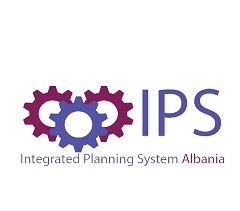

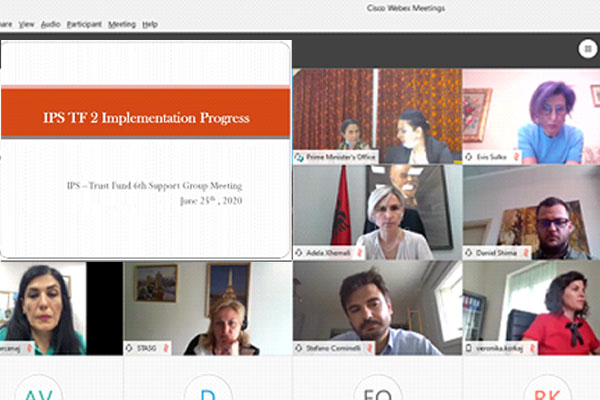
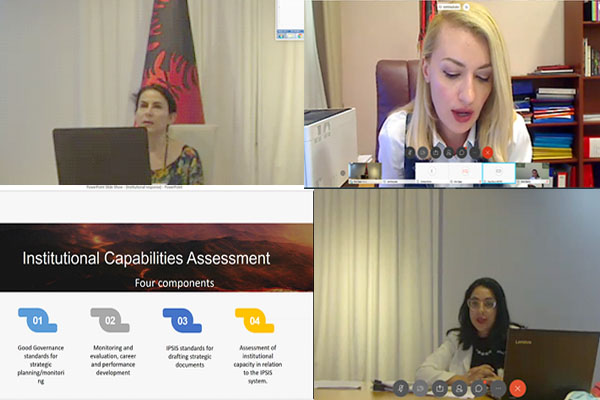





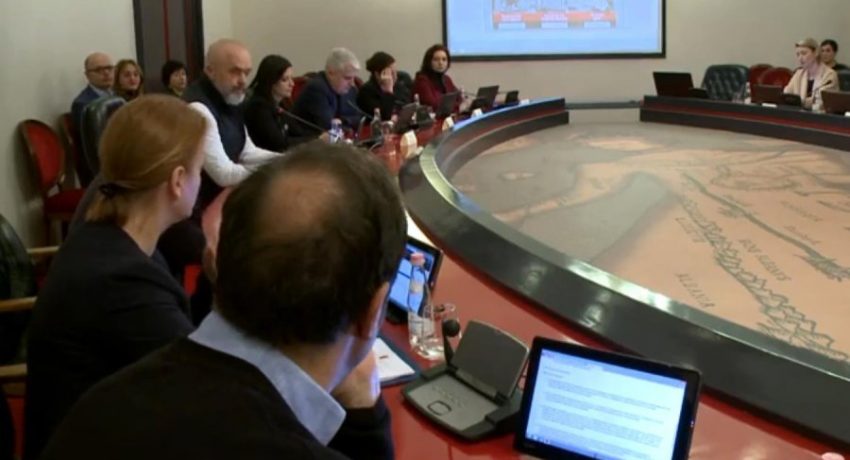
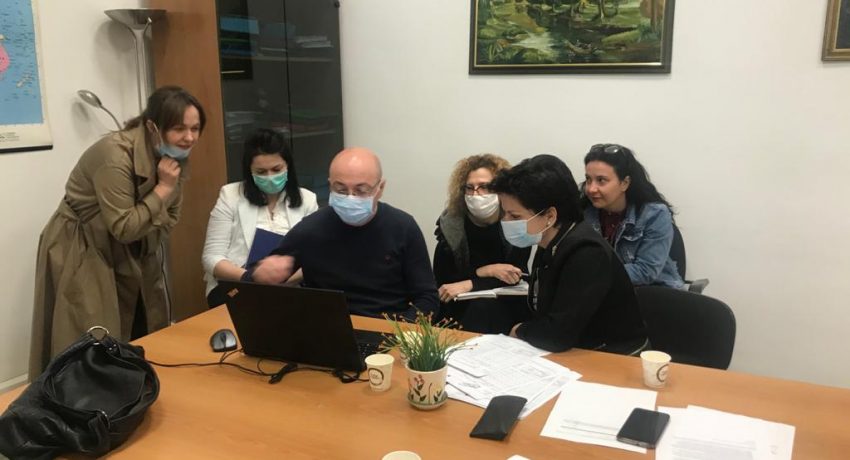

 IPS Channel
IPS Channel